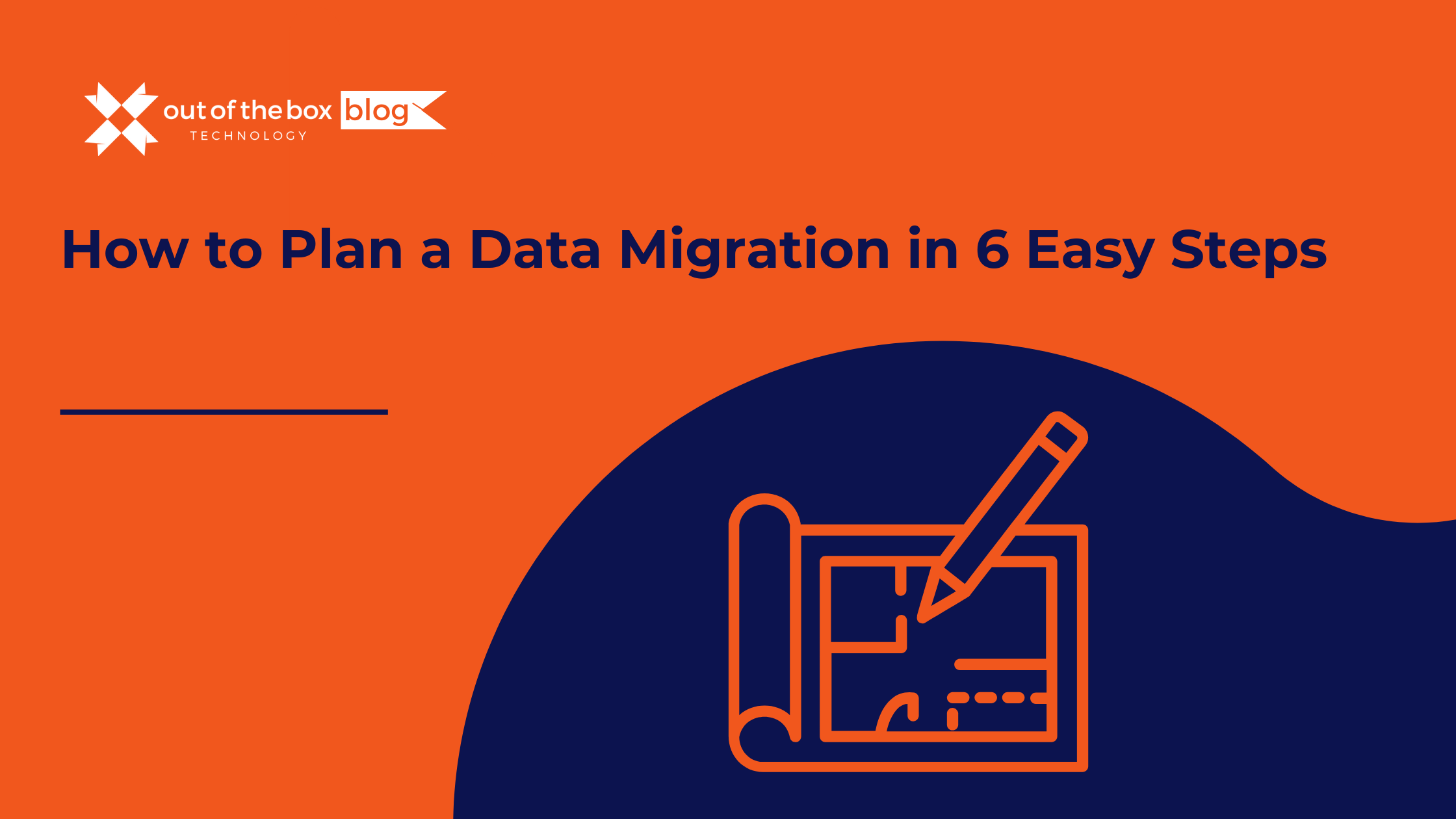With tax season behind you, have you ever considered that your books might benefit from a complete analysis? Spring cleaning is a great time to review your accounting software. Here are nine warning signs your company is ready for an accounting system upgrade.
1 You have inefficiencies in your cash flow
If your accounting software system is outdated, it can slow your cash flow, which can lead to sluggish accounting updates and lower profitability.
This isn’t new but your accounting software should make it easy for you to manage and forecast your cash flow. At a minimum, here are a few features that should be present:
- Simple, user-friendly dashboards with real-time information
- Cash flow visibility for each product, service or project across your entire company
- Custom payment plans and terms for your customers
One of the main reasons that cash flow suffers is because companies lack visibility into their cash flow. Your accounting software should solve this issue by making it as easy as possible to get the information you need to make real-time decisions.
2 Your software has limited automations
Repetitive and mundane tasks take time away from what is important: growing your business and making sure it is profitable every quarter.
While automation used to be complex and confusing, it is now second nature for businesses just like yours. If you are still manually completing tasks that could otherwise be automated, you’re wasting your time that could be used for growing your business. As importantly, manually completing all your accounting tasks makes you more prone to errors. Automation ensures that your data is right (as long as you are working with clean data).
Your accounting software should allow you to put your repetitive processes on autopilot with features such as:
- Automatic billing
- Recurring invoices
- Scheduled reports
- Real-time bank feeds
3 Your software is not being updated regularly
Software updates are important because they often include security fixes. Old software can leave your company vulnerable to harmful malware attacks. According to FM Magazine, the average malware attack costs a company $2.6 million.
In addition to these fixes, updates can also include new or enhanced features as well as better compatibility with different devices.
4 You’re using workarounds daily
As your business grows, accounting processes that used to be simple will grow increasingly complex. In order to handle these unavoidable complexities, you’ve probably developed some workarounds for your software.
You and your team may have devised workarounds to make software do things it wasn’t initially intended to do. So, before you know it, you’re creating workarounds for workarounds. Unsurprisingly, this causes inefficiencies, and wastes time and money. Your accounting software system should be able to manage all your needs in one system without cobbling together processes to keep your business running.
If you must use multiple databases and spreadsheets just to manage basic functions that your main system cannot handle, it’s a strong sign you’re working with outdated software.
5 You are over-using Excel
A significant amount of your time can be spent updating and generating reports in Excel. In addition, Excel spreadsheets are extremely limited when it comes to collaboration with your team and determining which version of the Excel doc is the right now. Every month, you recreate these spreadsheets potentially carrying over mistakes and omissions that could definitely impact your bottom line.
Simply put, Excel is not a financial accounting software system. While it can be extremely useful for performing analysis on sets of numbers, it should not be used as your accounting hub. Do not get rid of Excel, but don’t rely on it completely for your accounting.
6 You are switching between multiple tools
You may have signed up for multiple business tools that do some of what you want but not all of it. Switching between these tools wastes a lot of your time and creates the opportunity for minor and even major errors. When your numbers live in different places, it’s hard to reconcile them.
You need an integrated, all-in-one accounting software system that allows you to seamlessly work without interruptions to your workflow. This results in your finances that are automatically up to date, accurate, and readily available wherever you are so you can see where your business stands and plan your next steps for growth.
7 You can’t integrate with other apps
We all work differently, and we have our own favorite tools for handling different projects and tasks. Your accounting software should allow you to use the apps that work best for you and that you love, without forcing you into a standardized workflow.
If your software does not allow integrations, this could mean the developers aren’t taking full advantage of the usability they could provide for you, or they aren’t cooperating with other developers. Neither of these scenarios points to a useful accounting software system.
8 Your accounting software system is complex
While having accounting software that is too simplified is not good for your business, one that is too complex can stall your company’s growth. If your software is hard to use, not only will you struggle to make it work but it will be hard to train new employees, and no one will want to use it.
If you find yourself sitting through long calls with support or spending hours trying to train employees on your accounting software, your software is outdated.
Your accounting system is at the center of your business. Now is a great time to assess whether your accounting software is providing you with all the technology and support you need to grow your business.



